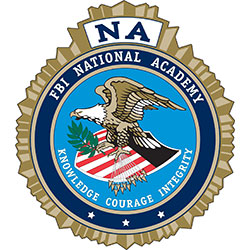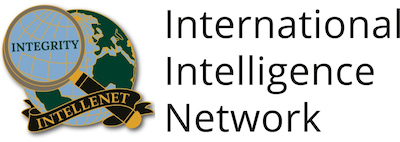During an investigation, there are often a number of ways that private investigators collect evidence. This means that private investigators have to develop expertise in several different types of evidence gathering techniques. Investigators also perform several tasks during the course of an investigation that don’t involve evidence gathering, such as serving papers or documents to someone. Let’s take a look at the different ways PIs might be involved in a case and tasks they often perform:
- Interviewing people/questioning witnesses
- Surveillance
- Stakeouts
- Following or tailing a person of interest or target
- Computer forensics such as retrieving history data from a person’s computer
- Acquiring and reviewing security camera footage
- Reviewing personnel records
- Running and reviewing background checks
- Installing surveillance equipment
- Determining identity of unknown individuals in gathered video surveillance or security camera footage
- Documenting drug use or abuse of observed targets
- Compiling lists of known associates of a subject
- Coordinating with informants
- Searching databases for relevant details in a target’s criminal or financial history
- Serving court papers, subpoenas and other important legal documents to the correct people
- Testifying in court proceedings
While the list above isn’t complete, it gives a good sense of the many different skills a private investigator needs to develop and the types of expertise required to successfully complete an investigation. In addition to the skills and knowledge above, investigators also have to develop deep experience with the laws in their state for collecting evidence and types of surveillance and techniques for gathering information are legal and permissible.
Private investigators are also considered objective third-parties in several types of court cases, particularly cases involving children and child custody. Child custody cases are among the most sensitive and delicate cases a private investigator might be hired to work on. While there are other types of cases an investigator could be called on to testify during court proceedings, this responsibility is frequently tied to child welfare and child custody issues.










